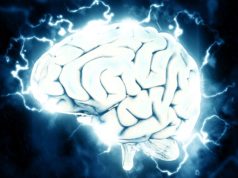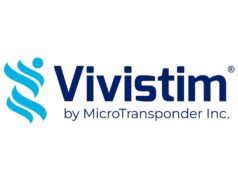LivaNova has announced a research collaboration with Verily, an Alphabet company, to capture measures of depression within its RECOVER clinical study, which is evaluating the effectiveness of vagus nerve stimulation therapy (VNS therapy) for difficult-to-treat depression (DTD).
Through this initial research collaboration, LivaNova and Verily aim to gather quantitative data on patient behaviour using technology and analytics developed by Verily to further understand depressive episodes and a patient’s response to treatment. RECOVER clinical sites will have the ability to offer patients the Verily Study Watch, a wearable device designed to capture physiological and environmental data for clinical research, and a Verily mobile phone app. These complementary approaches are expected to help investigators better understand the impact of depression and its treatment on study participants’ lives in a more objective and multi-dimensional manner.
Major depressive disorder (MDD) is a leading cause of disability, morbidity and mortality worldwide. In fact, for as many as one in three patients, medication alone may not be enough, leading them to struggle daily with persistent feelings of sadness, hopelessness, poor sleep and thoughts of death or suicide.
“Finding new solutions to help those who suffer from difficult-to-treat depression promises to truly transform patients’ lives,” said William Marks, head of Clinical Science and Neurology at Verily. “We look forward to working with LivaNova to gather additional data and evidence on VNS Therapy for difficult-to-treat depression with the potential for collaboration on other areas of research in the future.”
RECOVER participants with an Android device can opt-in to a sub-study where they will use the Verily Study Watch and a mobile phone app designed to measure passive and interactive data. These data will supplement qualitative data to provide clinicians a more comprehensive view of whether a patient’s depression is improving, staying the same or worsening. Verily technology can provide measures such as heart rate, activity level, sleep quality and various other domains of function, including patient-recorded voice logs with the goal of more accurately assessing depression and its effect on daily living.
“The goal of the RECOVER study is to assess how VNS Therapy can offer patients with DTD relief from their symptoms and improve their quality of life,” said Damien McDonald, CEO of LivaNova. “Through this collaboration with Verily, we can build on our work to study depression and better understand the complex elements that contribute to the disorder, enhancing our ability to treat the patients who battle it.”












